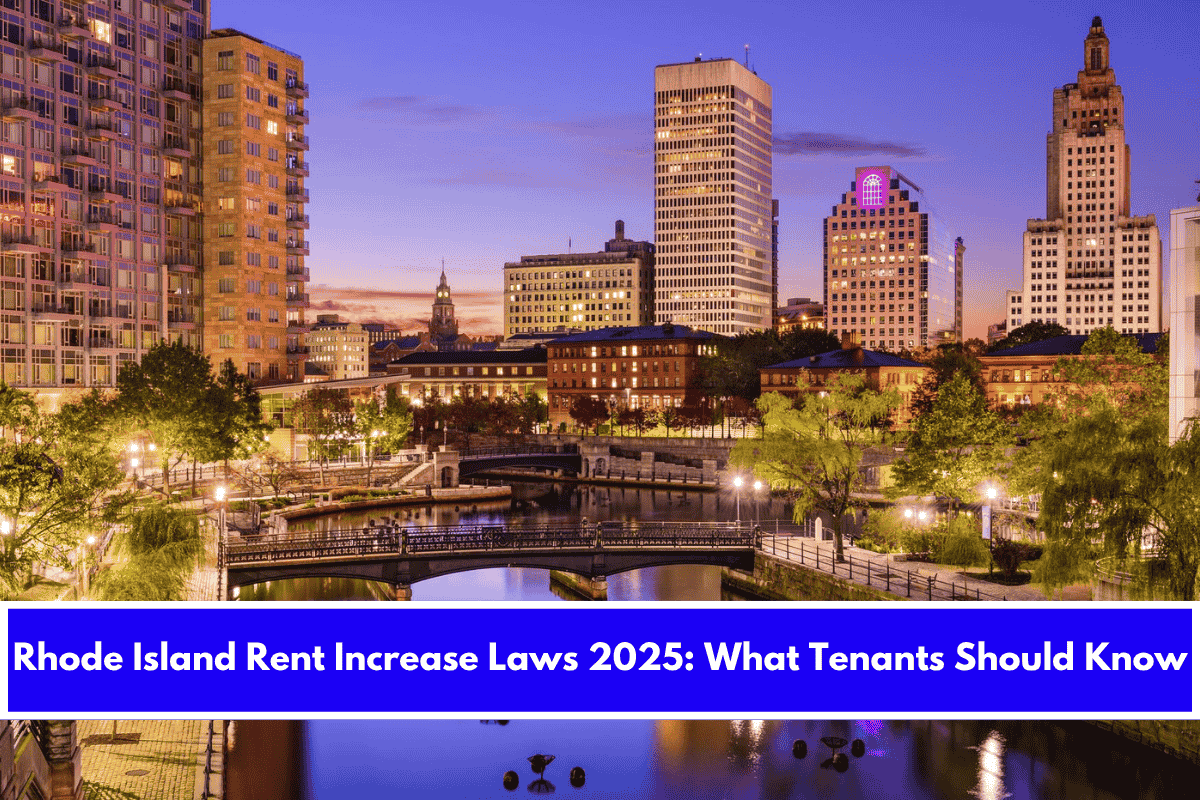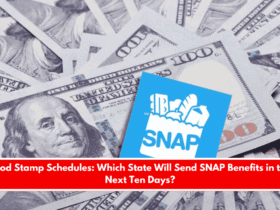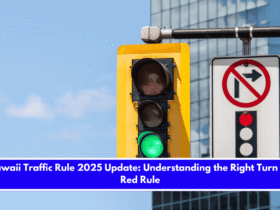As Rhode Island continues to face a challenging rental market, new laws have been enacted to give tenants greater notice and protection from abrupt or excessive rent hikes. Here’s what you need to know about rent increases in 2025:
Notice Requirements for Rent Increases
Effective June 24, 2024, Rhode Island law requires extended notice periods for rent increases in month-to-month tenancies:
- Tenants 62 or under: Landlords must provide at least 60 days’ written notice before a rent increase takes effect.
- Tenants over 62: Landlords must provide at least 120 days’ written notice before a rent increase takes effect.
These notice periods apply only to month-to-month tenants and do not affect fixed-term leases, which cannot have their rent increased until the lease term ends.
Rent Increase Caps and Frequency
- Annual Cap: Recent legislative proposals and pending bills (such as 2025-H 5264 and S0580) seek to limit rent increases to no more than 4% per year for private rental tenancies, unless a landlord is granted an exemption by the secretary of housing.
- First Year Rule: Landlords cannot increase rent during the first year of a tenancy.
- Frequency: After the first year, rent may only be increased once every twelve months, and not by more than 4% unless exempted.
- Notice Content: The written notice must specify the amount of the increase, the new rent, and the effective date.
Note: These caps and rules are subject to legislative approval and may not yet be fully enacted statewide. Always check the latest status or consult legal resources for updates.
Special Protections and Local Rules
- Providence Rent Control: The city of Providence has been authorized to enact its own rent control measures, which may include additional tenant protections, a rental registry, and stricter limits on rent hikes for multi-family housing.
- Exemptions: Properties with certain characteristics (such as some owner-occupied buildings or specialized housing) may be exempt from these rules. Assisted living and federally subsidized housing may follow different notice or increase procedures.
Key Points for Tenants
- Landlords are not required to provide a reason for a rent increase but must follow notice and cap rules.
- Rent increases cannot be retaliatory or discriminatory—state and federal fair housing laws still apply.
- If you receive a rent increase notice, check that it meets the legal notice period and does not exceed the annual cap (if applicable).
Summary Table: Rhode Island Rent Increase Laws (2025)
| Tenant Type | Notice Required | Annual Cap on Increase | Frequency |
|---|---|---|---|
| Month-to-month, age ≤ 62 | 60 days | 4% (pending/likely) | Once per 12 mo. |
| Month-to-month, age > 62 | 120 days | 4% (pending/likely) | Once per 12 mo. |
| Fixed-term lease | N/A (no mid-lease increases) | N/A | At lease renewal |
| Providence tenants | May be stricter | May be stricter | May be stricter |
What Should Tenants Do?
- Review any rent increase notice carefully for compliance with the law.
- Contact local tenant resources or legal aid if you believe your landlord is not following the rules.
- Stay informed as additional rent control measures may be enacted in Providence or statewide.
Rhode Island tenants now have stronger protections against sudden or excessive rent increases, especially seniors and those in month-to-month agreements. Landlords must provide ample notice and, pending final legislative approval, may be limited to a 4% annual increase. Always check your lease and local ordinances for the most current details.
Sources:
- https://www.rirealtors.org/news/2024/09/17/news/rhode-island-increases-notice-periods-for-rental-increases/
- https://www.rilegislature.gov/pressrelease/Lists/PressReleases/DispForm.aspx?ID=374627
- https://webserver.rilegislature.gov/BillText/BillText25/HouseText25/H5264.pdf
- https://legiscan.com/RI/text/H5954/id/3148107/Rhode_Island-2025-H5954-Introduced.pdf











Leave a Reply